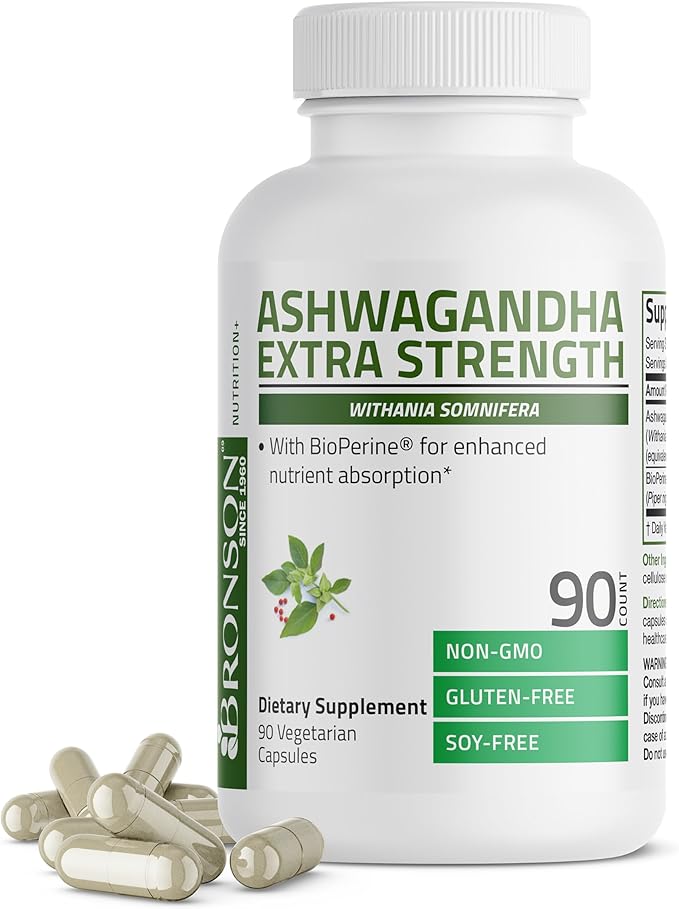Can you take Alpha Linolenic Acid and Moringa leaf together?
Interaction Details
Taking Alpha Linolenic Acid and Moringa leaf together has the potential for good synergy, suggesting a rating of 4 out of 5.
Alpha Linolenic Acid (ALA), an omega-3 fatty acid, and Moringa leaf, rich in antioxidants and anti-inflammatory compounds, may complement each other's health benefits. ALA's anti-inflammatory properties and Moringa's antioxidant profile could work synergistically to enhance overall cardiovascular health and reduce oxidative stress. Moringa's nutrient-dense profile, including vitamins and minerals, may also support the absorption and utilization of ALA's fatty acids. The combination may lead to enhanced protection against cell damage and inflammation, potentially resulting in improved overall health and well-being.
Potential Benefits
Potential Risks
Alpha Linolenic Acid
Alpha-Linolenic Acid (ALA) is an omega-3 fatty acid found in plant-based foods such as flaxseeds and walnuts. It is considered an essential fatty acid because the human body cannot produce it on its own.
Some benefits of ALA include supporting heart health and reducing inflammation.
Moringa leaf
Moringa leaf is a dietary supplement derived from the leaves of the Moringa oleifera plant, native to India and Africa. It is rich in nutrients, including vitamins, minerals, and antioxidants.
- Rich in vitamins and minerals.
Moringa leaf is an excellent source of vitamins A, C, and E, as well as minerals like calcium, iron, and potassium. - High in antioxidants.
Moringa leaf contains a variety of antioxidants, including flavonoids, phenolic acids, and ascorbic acid, which can help protect against oxidative stress. - May help lower blood sugar.
Some studies suggest that Moringa leaf may have a beneficial effect on blood sugar levels, although more research is needed to confirm this.
